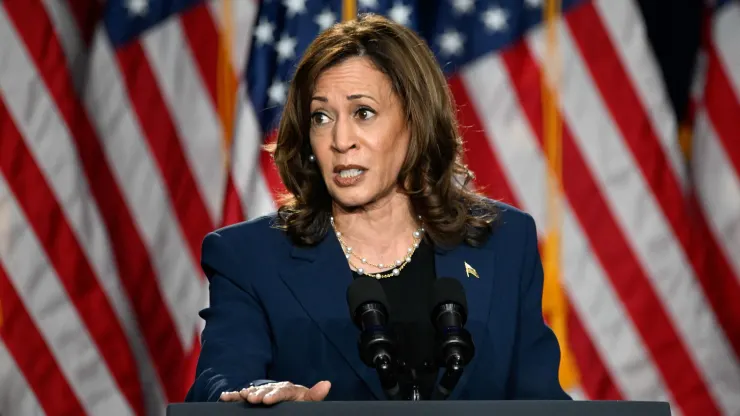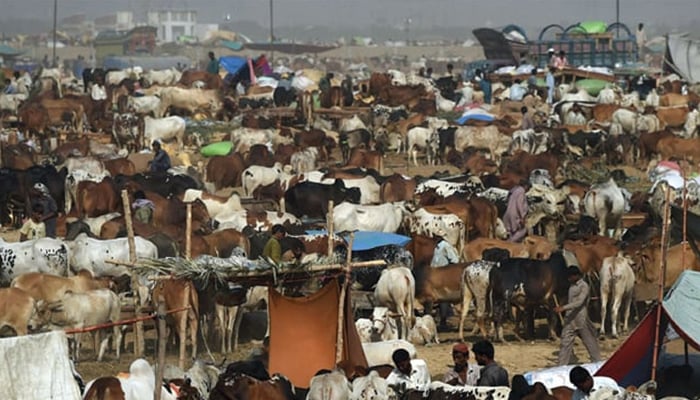WASHINGTON — Vice President Kamala Harris is set to propose the first-ever federal ban targeting “corporate price-gouging in the food and grocery industries,” her campaign revealed late Wednesday.

“There’s a clear distinction between fair pricing in competitive markets and excessive prices that don’t reflect the costs of doing business,” the Harris campaign stated. “Americans notice this difference in their grocery bills.”
This proposed ban is part of a larger economic policy platform that the Democratic presidential nominee will unveil Friday at a campaign rally in the key state of North Carolina.
Harris will also commit that, if elected president, she will direct her administration to increase scrutiny on potential mergers between large supermarkets and food producers, “with a focus on whether the merger would lead to higher grocery prices for consumers,” according to her campaign.
This package of regulatory measures marks one of the Harris campaign’s earliest attempts to establish an economic platform independent of President Joe Biden’s policies.
Before Biden unexpectedly withdrew from the race in July and endorsed Harris, he had spent more than a year campaigning for reelection, attributing rising consumer prices to corporate greed exacerbated by inflation.
Harris’ plan, however, remains aligned with the broader Biden approach to regulation, which has emphasized consumer protection across various industries and has sought to block several large corporate mergers.
In March, the White House launched the Strike Force on Unfair and Illegal Pricing, a collaborative effort between the Justice Department and the Federal Trade Commission.
On Friday, Harris will highlight the meat industry, pointing out that “soaring meat prices have significantly contributed to Americans’ rising grocery bills, even as meat processing companies reported record profits following the pandemic,” according to her campaign statement.
The Democratic presidential nominee will also introduce proposals aimed at reducing consumer costs in two other sectors where corporations have exerted significant pricing power: prescription drugs and housing.
Harris’ speech will occur just two days after her opponent, former President Donald Trump, delivered his own economic policy address in North Carolina, where he blamed Harris for the high cost of consumer goods.
“You’re paying the price for [Harris’] liberal extremism at the gas pump, the grocery store, and on your mortgage,” Trump said in Asheville.
Nearly a month into her campaign, Harris has already closed the gap with Trump, who had been leading Biden in national and swing state polls.
However, Trump still holds an advantage over Democrats regarding which candidate voters believe would be better for the economy.
To stay updated on the latest developments in digital regulation and consumer protection, be sure to check out our Digital Digest. It’s your go-to resource for in-depth analysis and expert insights on the ever-evolving digital landscape.






